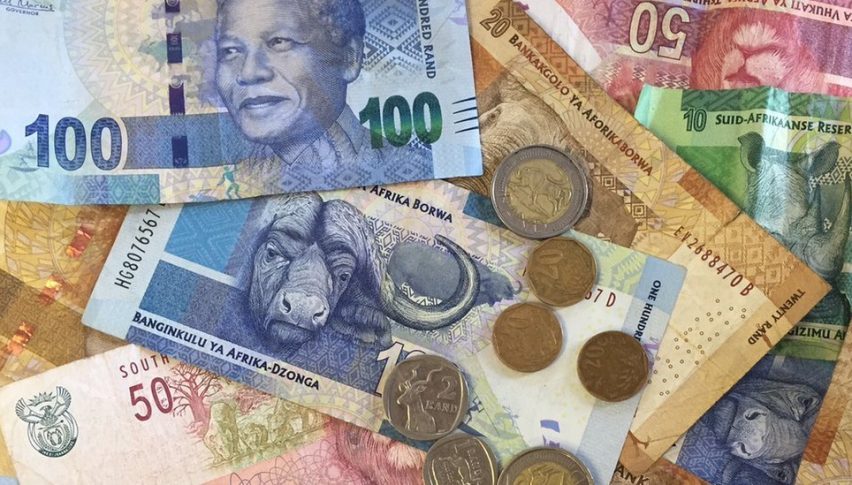Domestic currency bonds have underperformed, declining 0.3 percent since January, while the JPMorgan GBI-EM benchmark has gained 20.9 percent.Olumide

Quick overview
- Investors have shown interest in South Africa’s bond markets due to potential reforms, despite recent challenges from tariffs and economic slowdown.
- Domestic currency bonds have underperformed, while hard-currency bonds have fared better compared to other Sub-Saharan African nations.
- Political stability remains a concern, as a government collapse could undermine investor confidence, although new coalition partners are providing some fiscal support.
- The National Treasury reports that the impact of U.S. tariffs on South Africa’s GDP would be minimal, but certain sectors may still face challenges.
Investors flocked to South Africa’s domestic bond markets because they believed the country could implement reforms. However, recent fundamentals have been undermined by tariffs and the potential for a slowdown.
South Africa relies on assistance from foreign investors to manage its debt load and borrowing costs because of ongoing structural issues, such as unstable electricity and governance challenges that have historically strained its resources.

Their performance has been inconsistent. Domestic currency bonds have underperformed, declining 0.3 percent since January, while the JPMorgan GBI-EM benchmark has gained 20.9 percent.
Nevertheless, South Africa’s hard-currency bonds have outperformed their counterparts in Sub-Saharan Africa in 2025, with a decline of 1 point compared to a 3-point drop in the Africa index.
Following last May’s election, which compelled the African National Congress to form a coalition with rival parties generally regarded as business-friendly, markets shifted from pessimism over political unpredictability to optimism.
Domestic politics may also continue to be a problem. Fitch Ratings states that a government collapse could affect investor confidence and policymaking, especially if the ANC relies on smaller political parties for governance.
However, the fiscal framework is supported by new coalition partners such as ActionSA and Build One South Africa. According to Thomas Garreau, Director at Fitch, projections already account for political downside risks. South African policymakers are reassuring the markets.
Only 8% of exports go to the US, and a significant portion of those shipments consists of base and precious metals, which are already exempt from the Trump tariffs. According to the National Treasury, the direct effects of the levies would have been minimal.
The National Treasury told Reuters, “Even under a full AGOA exclusion scenario, the GDP impact would be 0.07 percent,” about the African Growth and Opportunity Act, a U.S. principal trade initiative for the continent.
Nonetheless, some sectors, such as construction, retail, and agriculture, might be impacted. “In the meantime, domestic reforms continue. Treasury said it was actively interacting with investors and rating agencies and that revenue collections exceeded estimates for 2024–2025, helping to lower the primary budget deficit.
Related Articles
www.fxleaders.com
